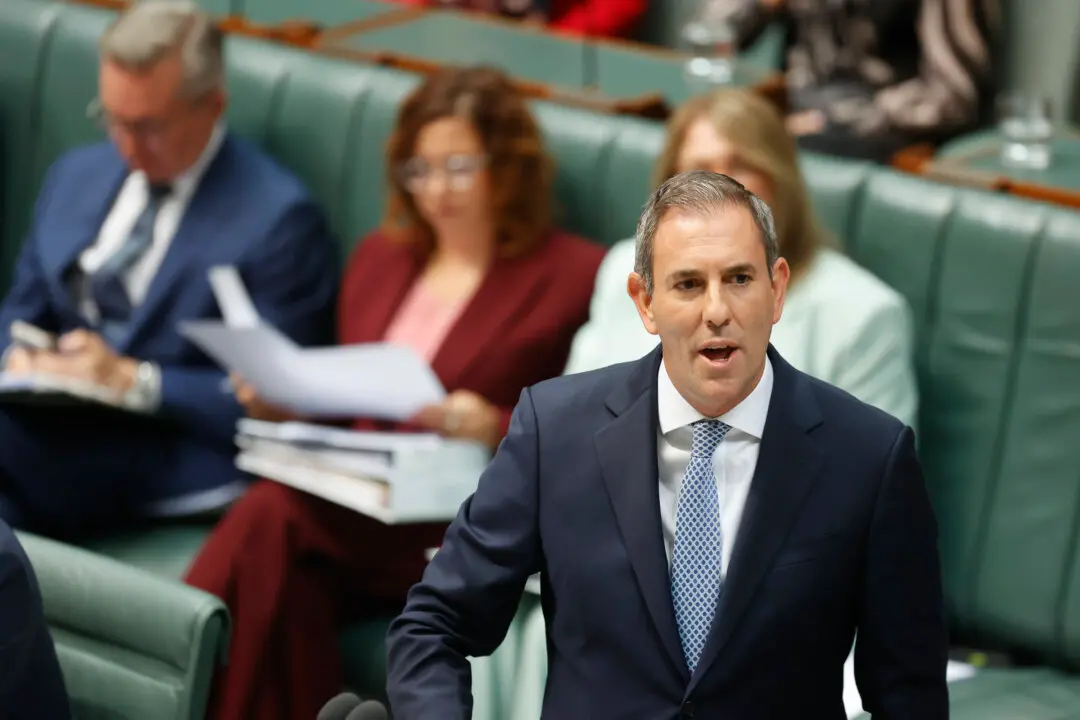Amid a surge in cyber scams costing Australians billions, Assistant Treasurer Stephen Jones MP introduced The Scams Prevention Framework (SPF) Bill on Nov. 7, aiming to tackle the growing threat head-on.
“International crime organisations are targeting Australia. There’s a scam pandemic, and it’s costing billions,” Jones said.





